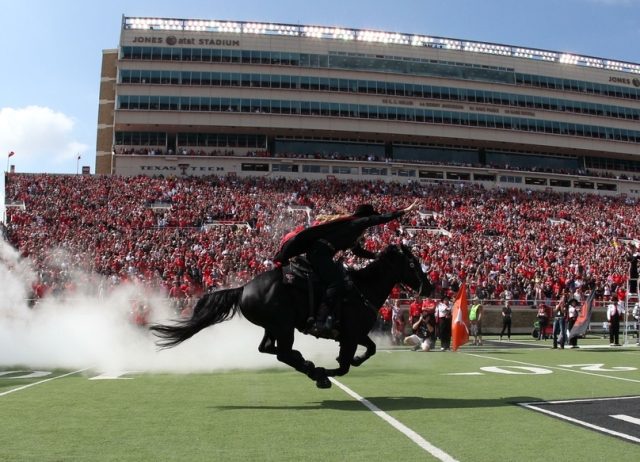Stymied over how to remedy a long-standing bird overpopulation crisis on campus, researchers at Texas Tech University came up with a socially engineered solution that can best be described as “Planned Pigeonhood.”
They intend to combat the pesky pigeons by introducing edible birth control pellets into their food supply.
Erin Bohlender, a Ph.D. student in the Natural Resource Management Program at Texas Tech, told KLBK researchers developed bird-sized birth control pills called “Ovo,” a name derived from the medical term in ovo, which means “in the egg” or “in embryo.”
“We’re hoping to humanely decrease the population by 90-95 percent,” she said.
Bohlender explained how Ovo works to make eggs infertile.
“It breaks up the layers so the egg yolk and egg white do not connect. So the bird will keep laying eggs but the eggs will not fertilize.” She added, “It does not harm the birds.”
Pigeons love cracked corn, said Bohlender, and then shared the university will set up feeders mixed with the Ovo pellets. “Once they start getting used to that, we’ll just start feeding them straight birth control,” she said, anticipating that they will have to spike the birds’ diets with the contraceptive pellets year-round since pigeons breed constantly.
Bohlender characterized pigeons as an invasive species of birds that originated from the Middle East. She said they spread through Europe before migrating to North America. She pointed out these stout-bodied creatures have had a negative impact on the native bird population, competing for food and nesting spaces. Apparently, the pigeons flocked to the Lubbock-based Texas Tech campus some time ago.
Researchers devoted much time and study to understand their feathered friends, including pigeon mating habits. However, Texas Tech maintenance crews cannot clean up after these birds fast enough. According to Sean Childers, the university’s assistant vice president for operations, the vile pigeon droppings blanket the campus, including on building ledges and other structures. Cleanup crews must wear hazmat suits to guard against pigeon poop toxicity. Another issue they face, he says, is when pigeons roost on rooftops crews cannot reach. That waste gets washed into gutters, potentially clogging them and backflowing into building walls.
In February, Childers said Texas Tech spends between $150,000 and $200,000 every year in bird cleanup and deterrent measures, according to Texas Tech Today. Although the birth control project will not immediately save the university money, officials expect it to drastically cut future expenses because of the reduction in the pigeon population.
To date, Childers said that the university’s efforts only have been reactionary. His team wanted to think outside the box in safely dealing with the Hitchcockian number of these birds that overtook the campus.
“We wanted to take a step back and think more globally. How can we get ahead of this situation? What can we do that is non-harmful and humane and get ahead of the population, Childers told KLBK.
Now in the final steps of their research, the Texas Tech team hopes to roll out the bird birth control program in the next few months.
Follow Merrill Hope, a member of the original Breitbart Texas team, on Twitter.

COMMENTS
Please let us know if you're having issues with commenting.